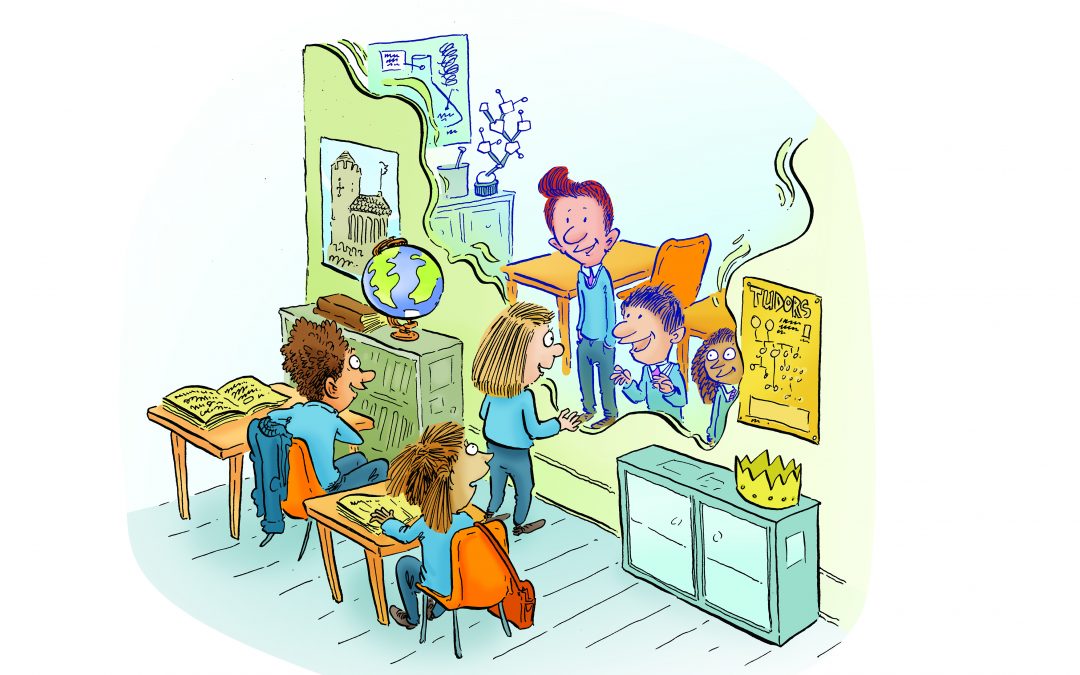Written by Professor Berry Billingsley
Computers are in children’s lives – and there are more available for them to use today, because of campaigns to get them laptops during the pandemic. Now that children are back in the classroom, the laptops have been put away in cupboards in some schools and in most, they are only being used here and there to add something extra to a lesson.
My question is – are we using them for the best reasons? What could more computers in classrooms do for us – if we take ‘the long view’ for education? This post presents a view that ‘entrenched subject compartmentalisation’ persists in schools, highlights how this affects what we teach children about misinformation and hopes that computers in classrooms will be the ‘think outside the box’ solution to one of education’s longest running challenges.
Technology and social media keep communities informed and connected on a massive scale – but as we’ve seen during the pandemic, they can also spread of misinformation which in turn jeopardizes measures that are designed to protect people’s health and wellbeing. For humanity to flourish, our global society needs citizens who have the insights and virtues needed to behave wisely and compassionately online. That points to the importance of teaching students today about the nature of knowledge, how to think critically about knowledge-claims and the impacts on people’s lives of false facts and exaggerated commentaries about the significance of what we know.
Is that any different to what we have now? Well the topic of misinformation is included in the curriculum – but only in a few subjects (like English and computing). And it’s not joined up with what we teach about knowledge in the other subjects , like history, mathematics, music and science. To make what we have work, we need a joining-up mechanism – such as for teachers of those other subjects to come into the English classroom for the lesson on misinformation to remind children about how knowledge-claims are tested in their disciplines. Or we need teachers of English to know what the other teachers are teaching and which case studies those other subjects would like the teacher to use.
Otherwise, what’s the point? Why does a student go to school for all of those years, if what they learn about knowledge in subjects like science, history, geography, music, the arts, religious education, mathematics and more, is not referenced when they get to lessons (in English) that talk about misinformation and what to look out for on the web?
Helping children – and their teachers – towards a more joined up view of the curriculum has been a gap in the way schools work for decades. The timetable, separate subject classrooms, separate specialist teachers and single-subject exams, these are pressures that prevent teachers from collaborating across the subject areas. Can computers in classrooms, co-operative timetabling and shared, online community classrooms give us solutions to where and how we address that gap and start to make more links?

